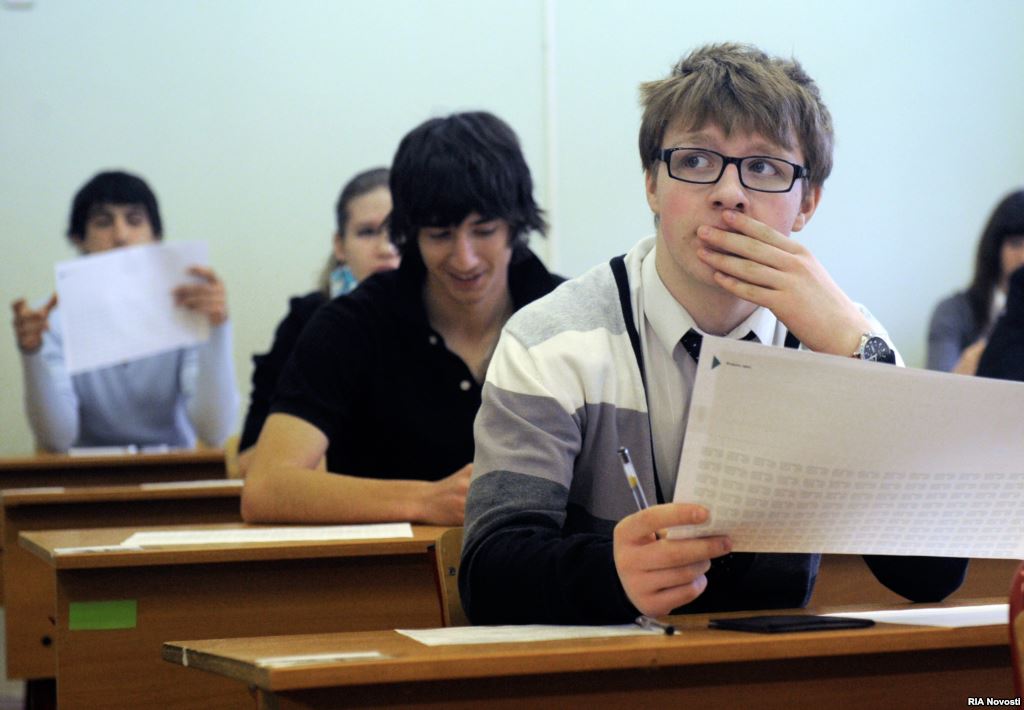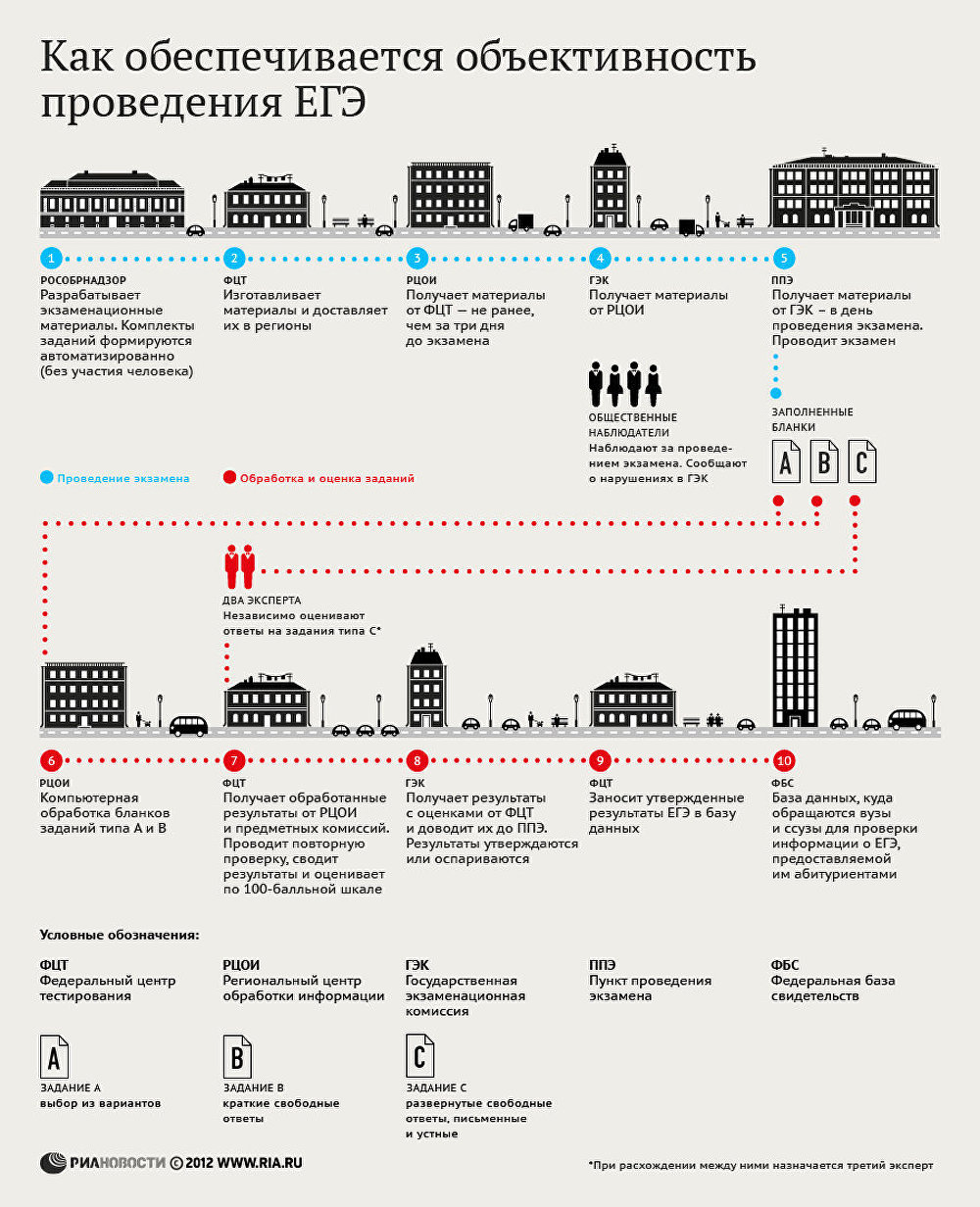On the Unified State Exam without a telephone: mobile jammers will be installed in schools

Is communication not working? What to do now? (source: Komi News)
The State Radio Frequency Commission plans to allow the installation of radio blockers of a certain frequency in schools, which are called mobile jammers. These devices will not work in schools all the time, but only during the passing of the EGE. The decision to deploy such systems has not yet been made, it will be discussed at a meeting of the commission in March of this year. According to Vedomosti, the discussion of the possibility of installing a wilderness is in the buried part of the meeting of the commission.
Recommendations for installing wilderness in schools put forward Rosobrandzor. According to the ministry, it will help to block the transmission of information on the exam in the Internet. Roskomnadzor does not object to working with the means of suppressing a radio signal during school exams. True, representatives of Roskomnadzor opposed the recommendations of Rosobrnadzor. In the opinion of the ministry, initially it is required to obtain the approval of the SCRF in order for the jammers to be used legally.
This offer is opposed by mobile operators. The management of these companies believes that the quality of the cellular network may suffer as a result of the massive use of jammers in all schools during the Unified State Exam. The problem is in the complexity of setting up the equipment so that the signal is silenced only within the school. The range of devices can be limited, but this requires the work of a specialist. The second solution is to change the coverage next to each school by mobile operators. Since the USE is held not one day, but several, the companies providing communication services may receive less large sums.
')
According to one of the participants of the SCRF, the question of the possibility of using jammers has been worked out for several years. Moreover, the issue was not only discussed, experts conducted testing of devices. As it turned out, outside the school, the radiation of radio frequency brokers does not exceed the intensity of the radiation emitted by mobile operators. Therefore, problems should not arise.
According to the Director General of TMT Consulting, Konstantin Ankilov, the average cost of a jammer is from 10,000 to 100,000 rubles. If we take into account the fact that more than 5,500 examination points will work in Russia this summer, the amount that must be spent on the purchase of such devices will be from 55 million to 550 million rubles.
Rosobrnadzor representatives commented on the possibility of installing a mobile signal jammers, saying that the agency supports information security measures that ensure transparency and objectivity of the Unified State Examination, if this will prevent leakage of examination materials.

Source: ria.ru
And leaks during the USE happen quite often. For example, in 2013 Rosobrnadzor acknowledged the fact of a leak. On May 27, on the day of the Unified State Exam in Russian, in the Far East there were several cases of tests appearing in the network. In total, we found about 30 cases of tests entering the Internet in 18 regions of Russia.
Information Agency "RIA" reported that the source of the leaks are not only students from different regions of Russia, where the exam is written before other areas. The fact is that the tasks and tasks are created by specialists who make up a small group. But there are much more assistants and service personnel than representatives of this group. And the support group has constant access to assignments and answers to them. Therefore, information on the USE as it hit the Internet, and will fall.
According to one of the participants in the development of tasks for the exam, leaks can occur, for example, in printing houses. “Between the moment when CIMs are developed and the moment when they arrive in schools on paper, a lot of time passes,” she said .
The Rosobrnadzor claim that the offers on the sale of answers to the USE tasks posted on the Internet are frauds. The accusations against the developers about their possible involvement in the leaks of tasks and answers in the department are considered false.
Russia is not the first country where officials consider it possible to disconnect communications during the general examinations. And a number of countries do not include jammers, but turn off the Internet throughout the country. For example, the Ministry of Communications of Iraq does the same every year . Last year, the network was turned off at 3 o'clock on May 14, 15 and 16 so that students would not write off the Network and not transmit data to each other.
Of course, turning off the Internet throughout the country during exams is a draconian measure that cannot be approved. At the same time, Iraqi officials believe that this measure is much more effective than tracing students who “merge” something into the network, or write it off from the Internet. Some other countries also turn off the Internet, not during examinations, but in elections. So did Egypt, Uganda and a number of other states.
Source: https://habr.com/ru/post/357266/
All Articles